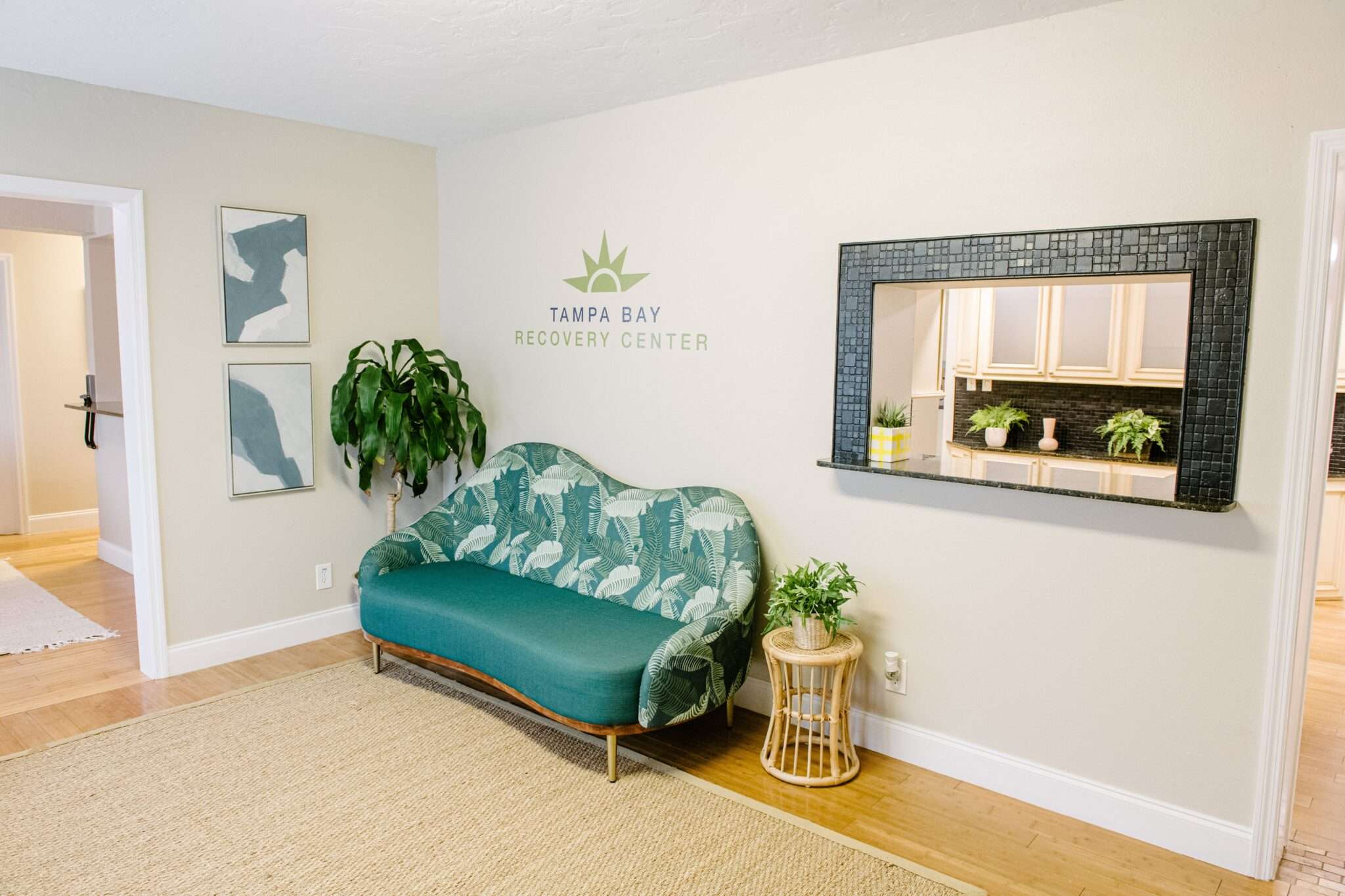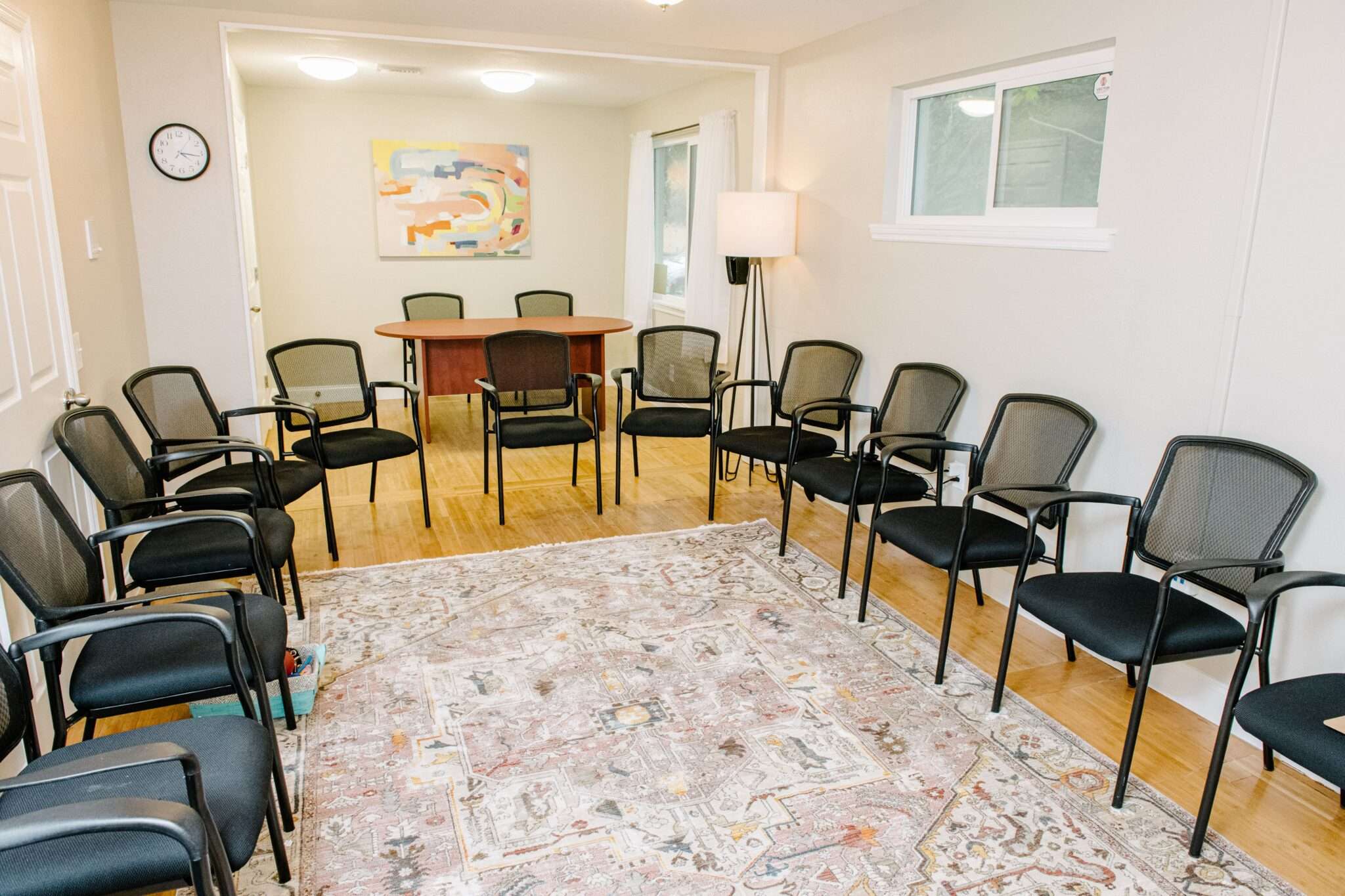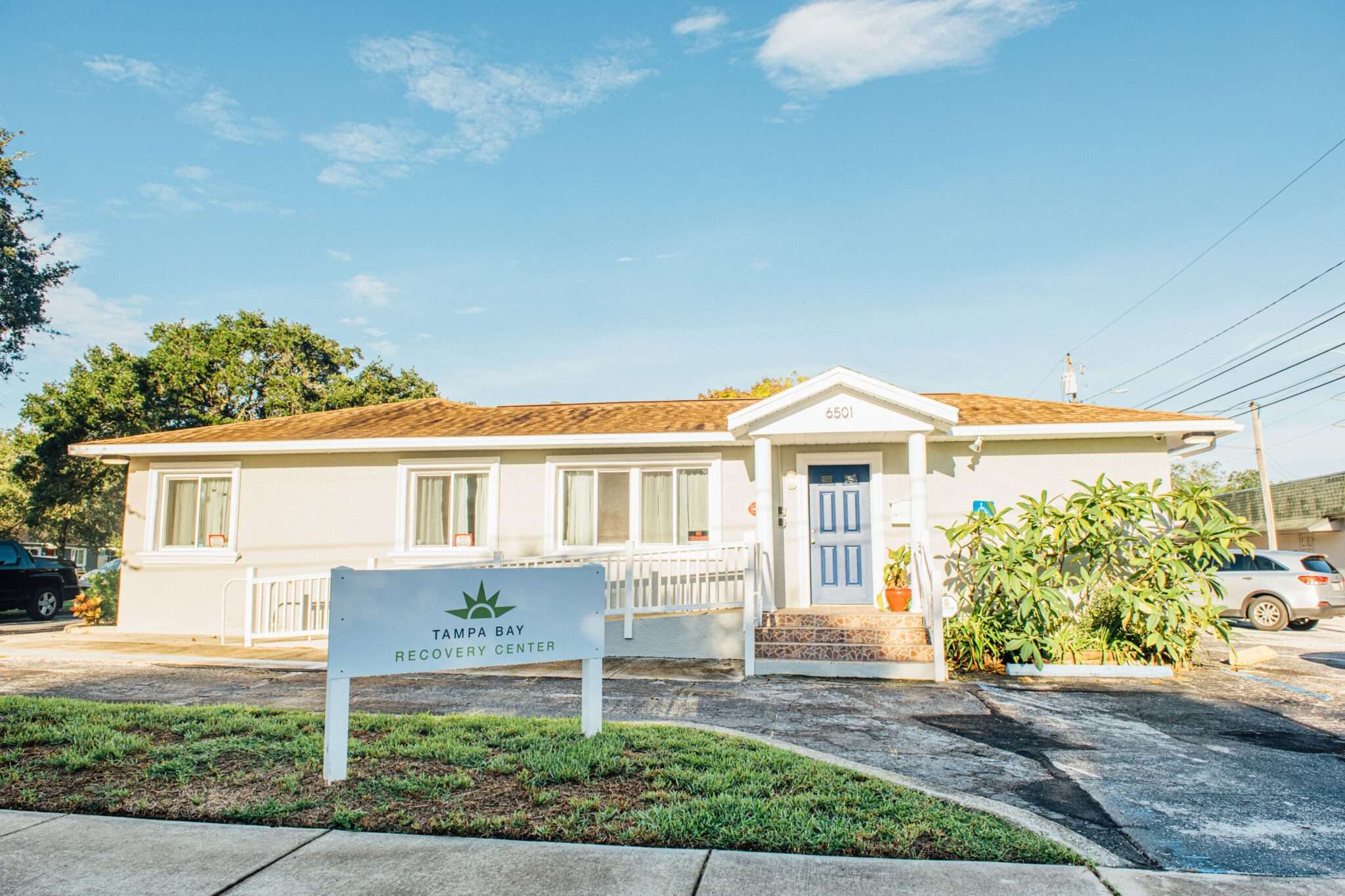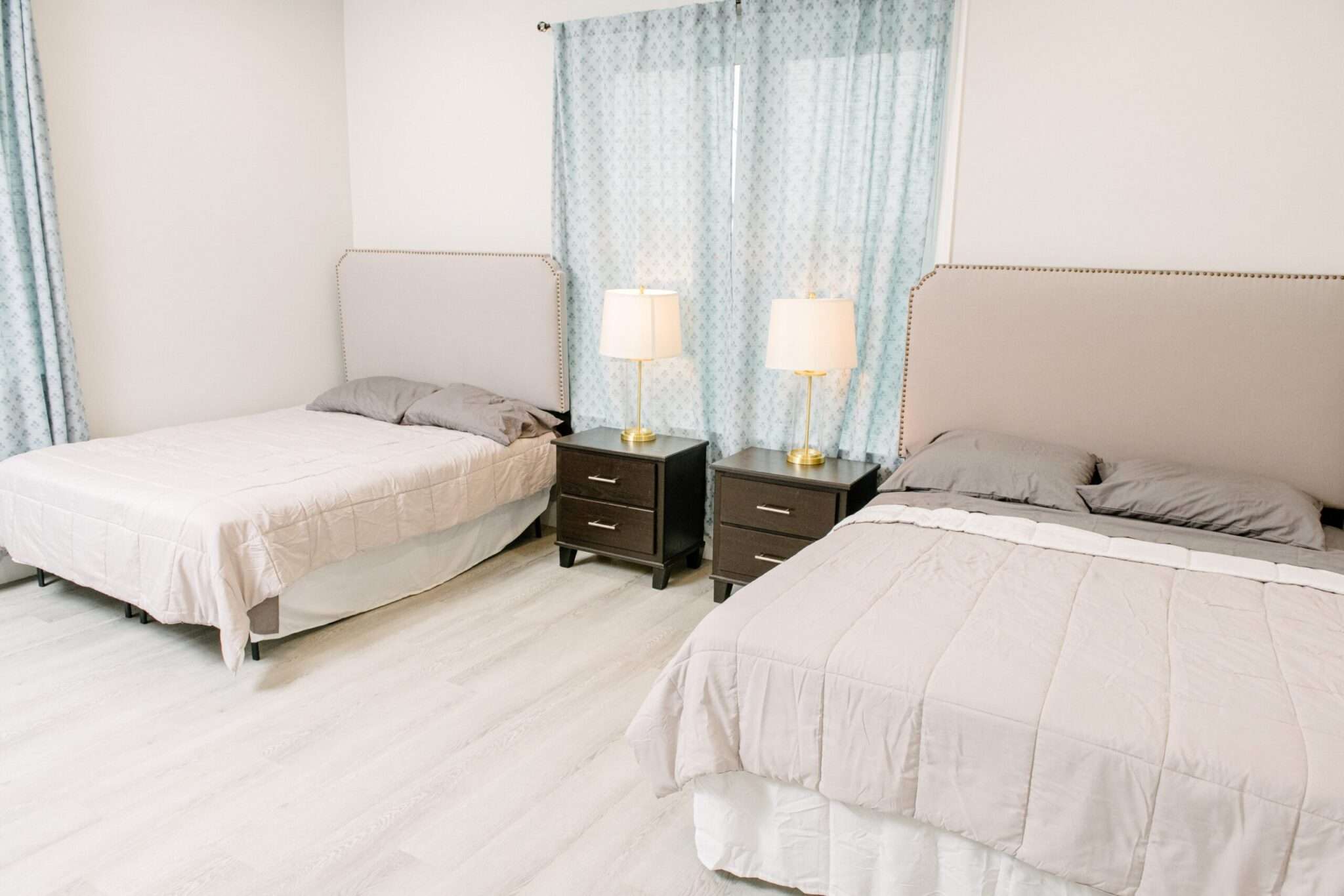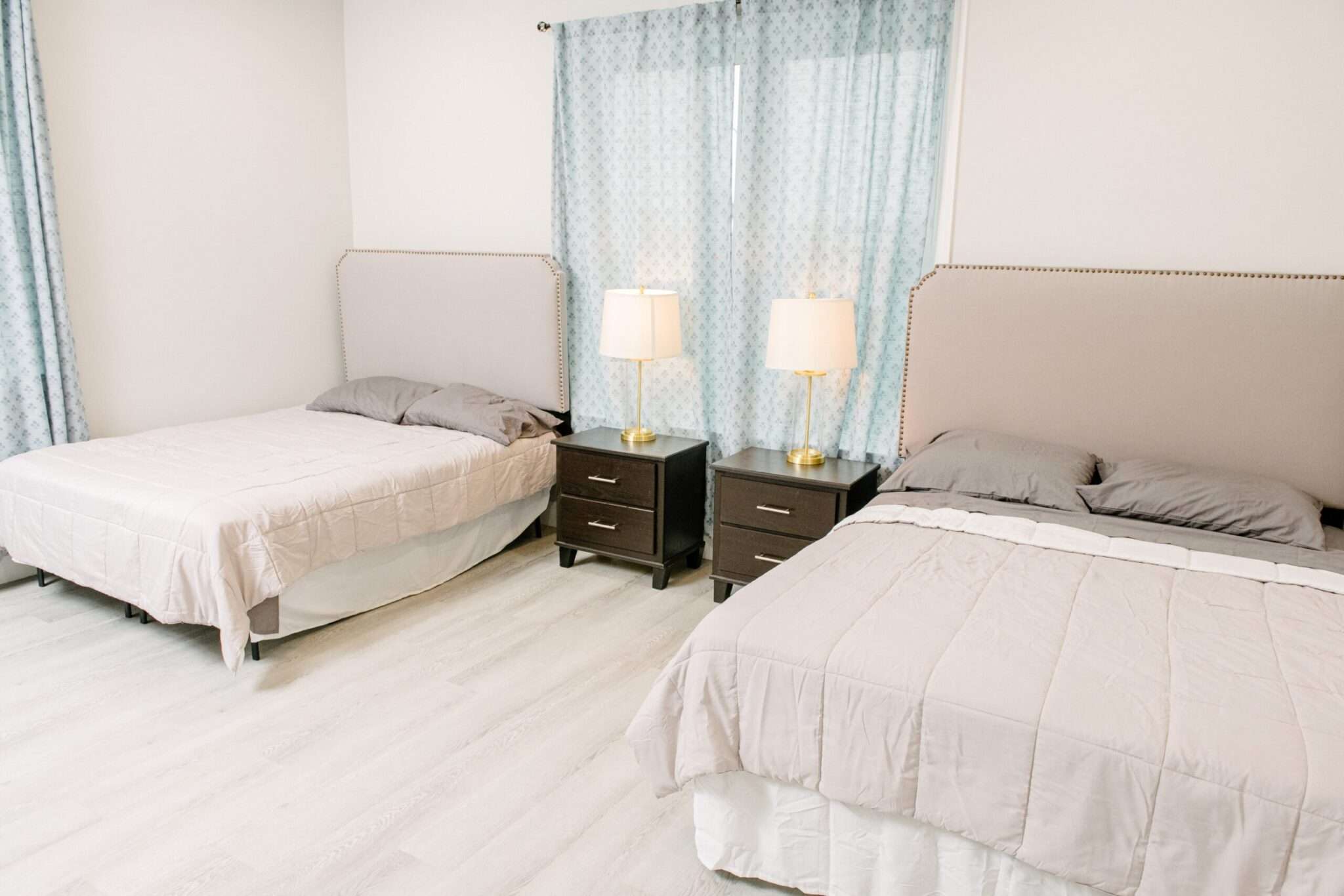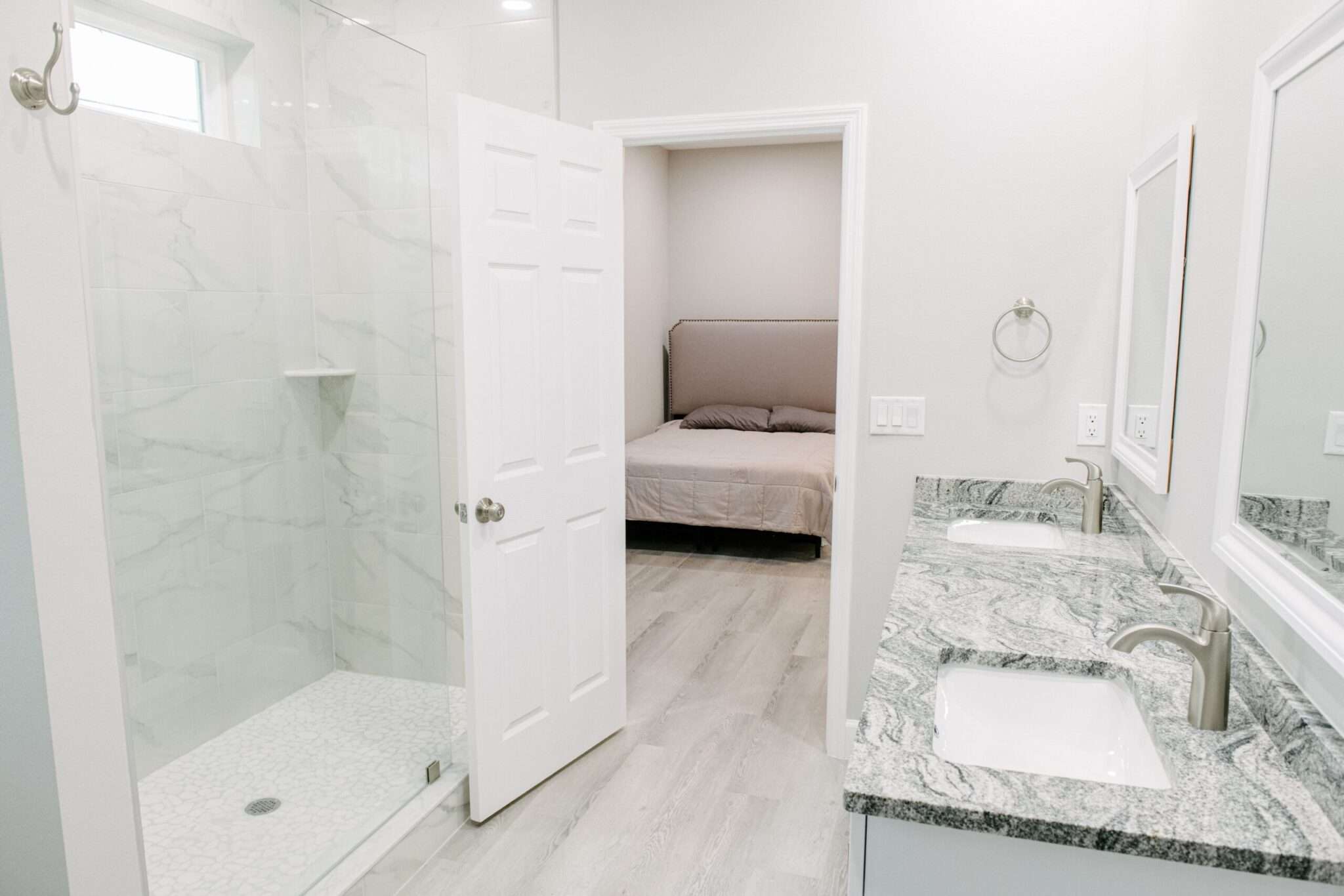If you struggle significantly in major life areas due to a mental illness, then it may qualify as a disability. For some people, bipolar disorder can be a disability. However, regardless of disability status, bipolar disorder can be treated, and you can make significant steps toward recovery.
Gulf Coast Recovery Center provides mental health treatment programs in Tampa, Florida. Visit our admissions page today to get started.
Does Bipolar Disorder Qualify as a Disability?
Bipolar disorder can qualify as a disability, depending on your symptoms and how they impact your ability to function in everyday life.
Many people with bipolar disorder can function well in everyday life when they get long-term treatment. However, for some, even with treatment, they may struggle with severe and persistent symptoms. In these cases, the person could have a serious mental illness (SMI)—and this could qualify as a disability.
What Is Considered a Serious Mental Illness (SMI)?
The National Institute of Mental Health (NIMH) defines a serious mental illness (SMI) “as a mental, behavioral, or emotional disorder resulting in serious functional impairment, which substantially interferes with or limits one or more major life activities.” According to the National Survey on Drug Use and Health (NSDUH), “Among adults aged 18 or older in 2022, 6.0 percent (or 15.4 million people) had SMI in the past year.”
The Americans with Disabilities Act (ADA) provides the guidelines for when an SMI would qualify as a disability. Generally speaking, if bipolar disorder affects one or more major life areas, you could qualify as having a disability.
The ADA lists the following as examples of major life areas—and these could be impacted by bipolar disorder:
- “Actions like eating, sleeping, speaking, and breathing”
- “Cognitive functions like thinking and concentrating”
- “Sensory functions like seeing and hearing”
- “Tasks like working, reading, learning, and communicating”
Due to the potential severity of bipolar disorder, it is an example of a mental health disorder that often qualifies as an SMI, and thus, as a disability. Other potentially disabling mental health disorders include:
- Obsessive-compulsive disorder (OCD)
- Major depressive disorder (MDD)
- Schizophrenia
- Schizoaffective disorder
- Post-traumatic stress disorder (PTSD)
What Are the Symptoms of Bipolar Disorder?
There are a number of symptoms of bipolar disorder that distinguish it from other mood disorders.
Bipolar disorder is characterized by shifts in mood from manic (or hypomanic) and depressive states. While everyone’s mood changes from time to time, if you have bipolar disorder, you’ll have significant mood swings in relation to your baseline mood. These changes in mood can last for days or weeks, or they could change rapidly—even multiple times per day.
It’s also important to note that symptoms range in severity depending on the type of bipolar disorder you have. Thus, in some people, manic symptoms are described as “hypomanic” when they are less severe. However, the symptoms of mania and hypomania are similar, only varying in severity.
Manic (and Hypomanic) Symptoms
- Unusually elated or overjoyed
- Rapid speech
- Full of energy
- Inflated feelings of self-importance
- Easily distracted
- Impulsive and reckless behaviors
- Decreased need for sleep
- Restlessness and agitation
- Uncharacteristic decision-making
- Hallucinations or delusions
Depressive Symptoms
- Feeling sad or hopeless most of the time
- Irritability
- Lack of energy and fatigue
- Difficulty thinking and concentrating
- Loss of interest in everyday activities
- Isolating from friends and family
- Sleeping more than usual
- Weight gain
- Insomnia
- Suicidal thoughts or actions
What Are the 4 Types of Bipolar Disorders?
Bipolar disorders are further classified into four different types:
- Bipolar I Disorder: This type of bipolar disorder includes severe manic episodes that last for seven days or more, followed by two weeks of depression.
- Bipolar II Disorder: Similar to bipolar I, however, you would have less severe manic symptoms known as “hypomania.”
- Cyclothymic Disorder: This type of bipolar disorder includes rapid shifts from your baseline mood that aren’t as extreme as bipolar I and II.
- Unspecified Bipolar Disorder: Lastly, you could have bipolar disorder that doesn’t match the criteria for the other types.
Thus, your experience with bipolar disorder could qualify as a disability. For instance, if you have hallucinations like hearing voices, this could impact your sensory functions significantly. Cognitive functions and work-related tasks can also be challenging during either a manic or depressive state.
How Is Bipolar Disorder Treated?
Bipolar disorder is treated with a combination of psychiatric medications, therapy, and holistic approaches.
Whether your bipolar disorder qualifies as a disability or not, treatment programs can improve your quality of life. At our outpatient mental health treatment center, we treat bipolar disorder with the following services:
- Psychiatric medications: Mood stabilizers regulate your mood swings to reduce the ups and downs of bipolar disorder. At Gulf Coast Recovery Center, you’ll meet with our psychiatrist to find the right medication for you.
- Psychotherapy: Therapy is one of the most common approaches to treating symptoms of any mental health disorder. Depending on your symptoms, your therapist can use different modalities, such as cognitive-behavioral therapy (CBT), motivational interviewing (MI), or dialectical behavior therapy (DBT).
- Holistic therapy: It’s important to consider alternative strategies to treat your symptoms that address all aspects of your health and well-being. Holistic therapy includes yoga, nutritional counseling, and mindfulness to provide whole-health treatment.
Find Treatment for Bipolar Disorder Today
At Gulf Coast Recovery Center, we can help you overcome symptoms of bipolar disorder to thrive to the best of your abilities in life. Whether your symptoms are mild or disabling, we can alleviate your symptoms with our evidence-based treatment programs in Tampa, Florida.
Contact us today to begin bipolar treatment.


